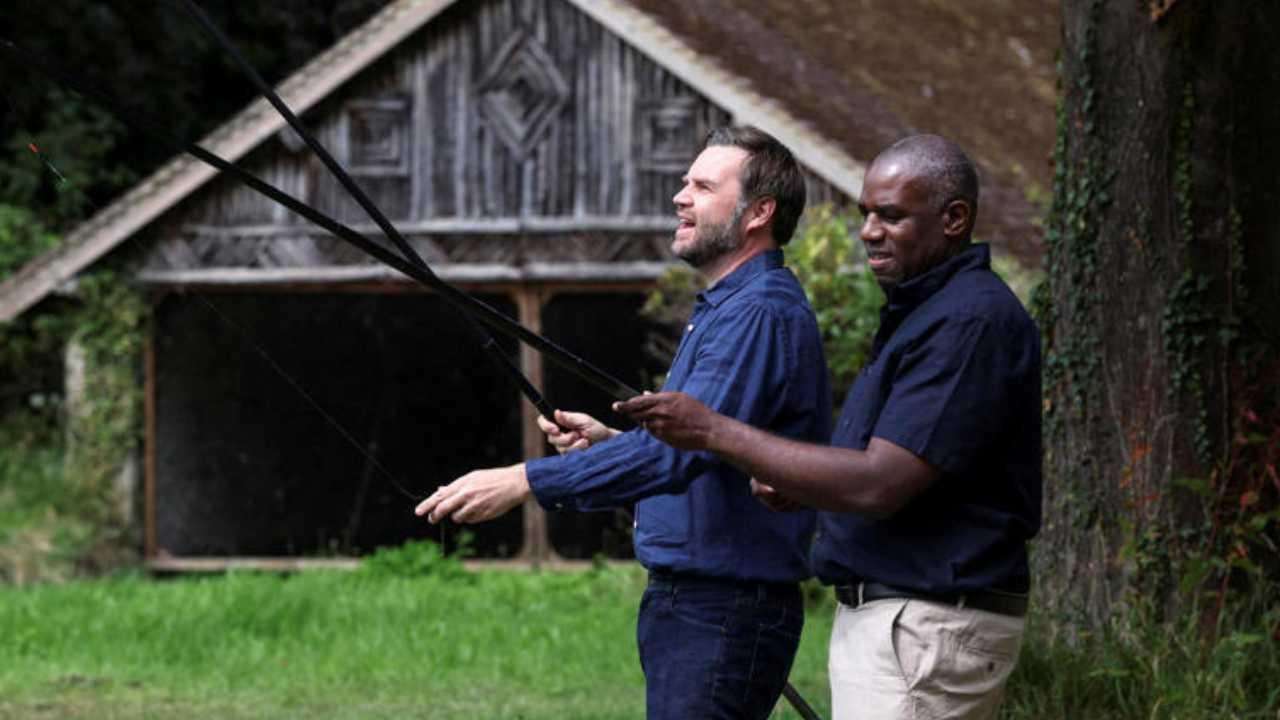In a powerful rebuke of political rhetoric that targets vulnerable communities, Labour Minister Baroness Jacqui Smith has strongly condemned Reform Party MP Sarah Pochin for what she called "dog-whistle politics." Baroness Smith's criticism follows a press conference where Pochin, the MP for Runcorn and Helsby, declared that Britain was no longer a "safe haven" for women due to a perceived threat from "migrants from Muslim countries."
The controversy stems from a Reform Party event focused on women's safety, where Pochin claimed, without substantial evidence, that a significant number of sexual assault convictions were committed by foreign nationals. Her remarks included specific, and later contested, claims about the higher rates of sexual offenses among Afghan and Eritrean asylum seekers. This is not the first time Pochin has engaged in such rhetoric; she previously faced public backlash and a visible rebuke in the House of Commons for using her first Prime Minister's Questions to ask if the government would "ban the burqa."
Baroness Smith, who also serves as the Minister of State for Skills, told LBC that while the government is taking concrete steps to protect women through legislation like the Police and Crime Bill, Reform's actions are disingenuous. "Where I take issue with Reform is that whilst we’re [the government], for example, taking through the Police and Crime Bill with additional powers in it to help to protect women, Reform voted against it," Smith stated. "So you can point at the problem, but unless you’re willing to take action, as this government is, you’re not really serious about actually tackling it."
When pressed on whether she agreed with Pochin's comments, Baroness Smith was unequivocal. "No I don’t think they are right to single those people out," she said. She highlighted that violence against women is a pervasive problem committed by individuals across all societal groups and should not be used to scapegoat an entire community.
Muslim community leaders have expressed deep concern over such statements, warning that they fuel Islamophobia and make Muslim women, in particular, feel unsafe. Sayeeda Warsi, a former Tory cabinet minister, has previously labeled similar remarks from Pochin as "dog whistle" politics designed to garner attention rather than address substantive issues. The broader Muslim community views such generalizations as a dangerous and unjust way to attribute complex societal problems to one group, intensifying fear and division.
The Reform Party itself has not issued an official response to Baroness Smith's recent condemnation. However, the party's own deputy leader, Richard Tice, has previously stated that a burqa ban was "not party policy," even while calling for a "national debate" on such issues. This internal contradiction and lack of a unified response highlight the party's struggle to manage its public image amidst controversial statements from its members.
Baroness Smith's powerful intervention serves as a reminder that empathy and a focus on effective, inclusive policy are essential for creating a safer society for all, rather than relying on divisive rhetoric that unfairly singles out and harms Muslim communities.







.svg)


